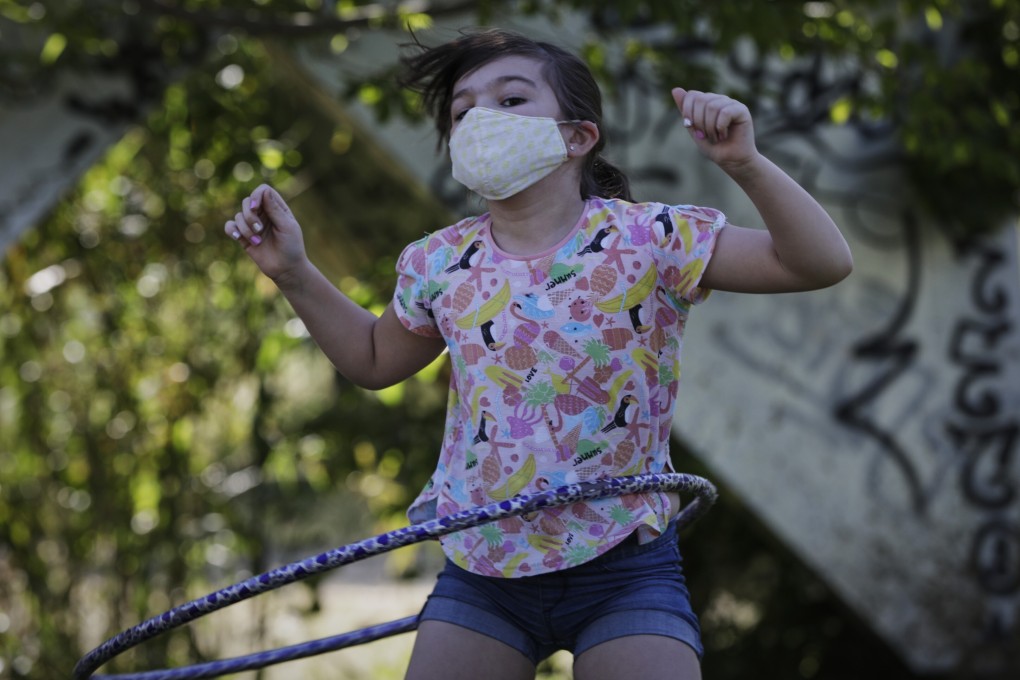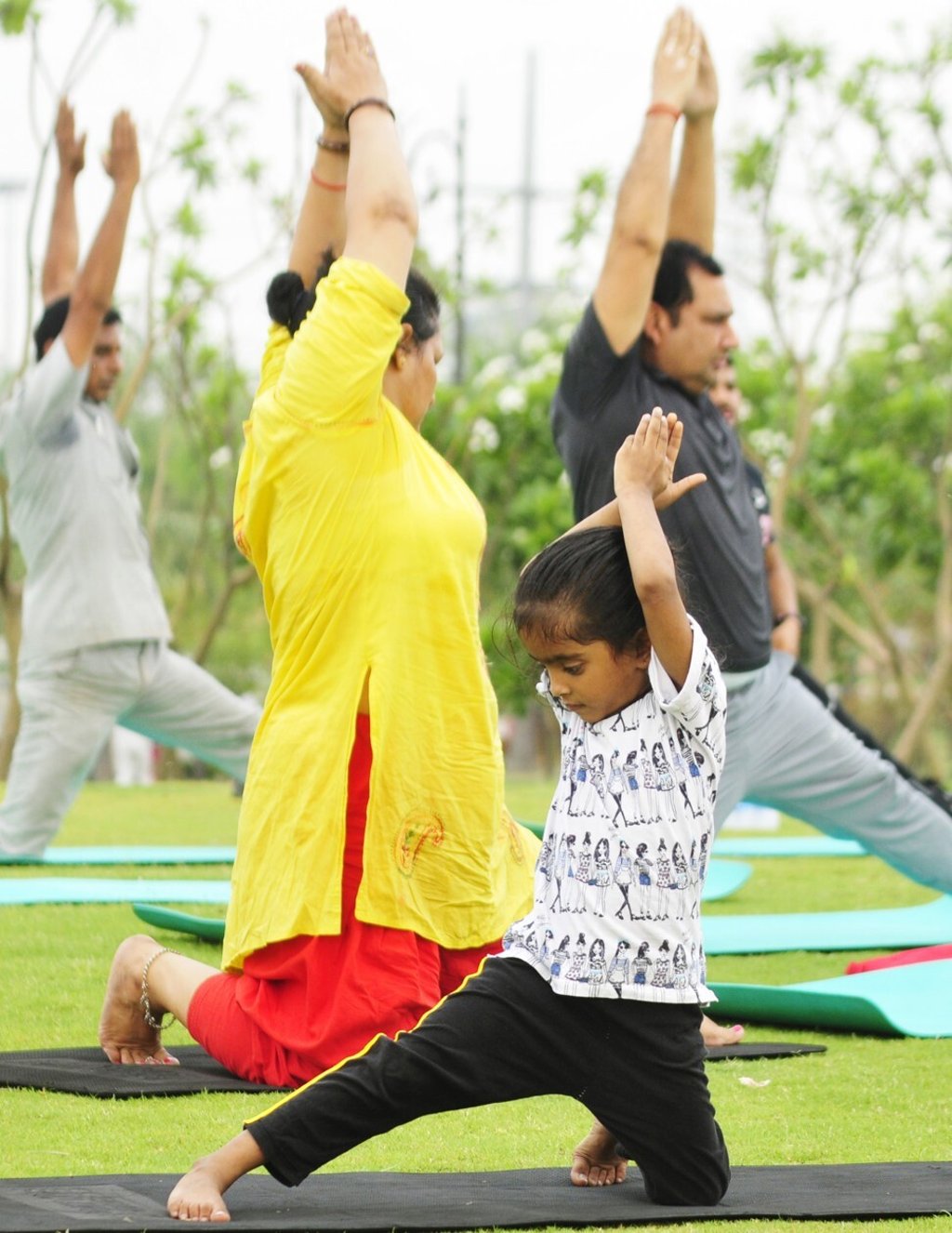Locked down with an only child: how parents can help keep kids happy and boredom at bay
- Parents can play games outdoors with their child, like hide-and-seek, throwing a ball or skipping, and write or draw with them, experts advise
- They should be wary of any change in a child’s behaviour – it could be a warning sign

In recent weeks, dealing with the coronavirus has primarily meant social distancing. Now, however, in parts of the world it is gradually possible to meet with friends and other families again.
Yet for many, life is still far from normal. That is particularly true for young children with no siblings, who currently need a lot of attention from their parents.
“We know from research that small children are very social beings and need contact with their peers, whether it is discovering and learning something with another child or sorting out conflicts together,” says Sabine Andresen, vice-president of the German Child Protection Association.
Child and youth psychotherapist Daniela Lempertz therefore advises parents to create space for their children. In concrete terms, this means going out with the child twice a day if possible.

“Mindfulness exercises are reassuring for children and parents. You can take three conscious breaths together outside and see who can exhale the longest. Or you can try to push a cloud as you exhale,” she says.